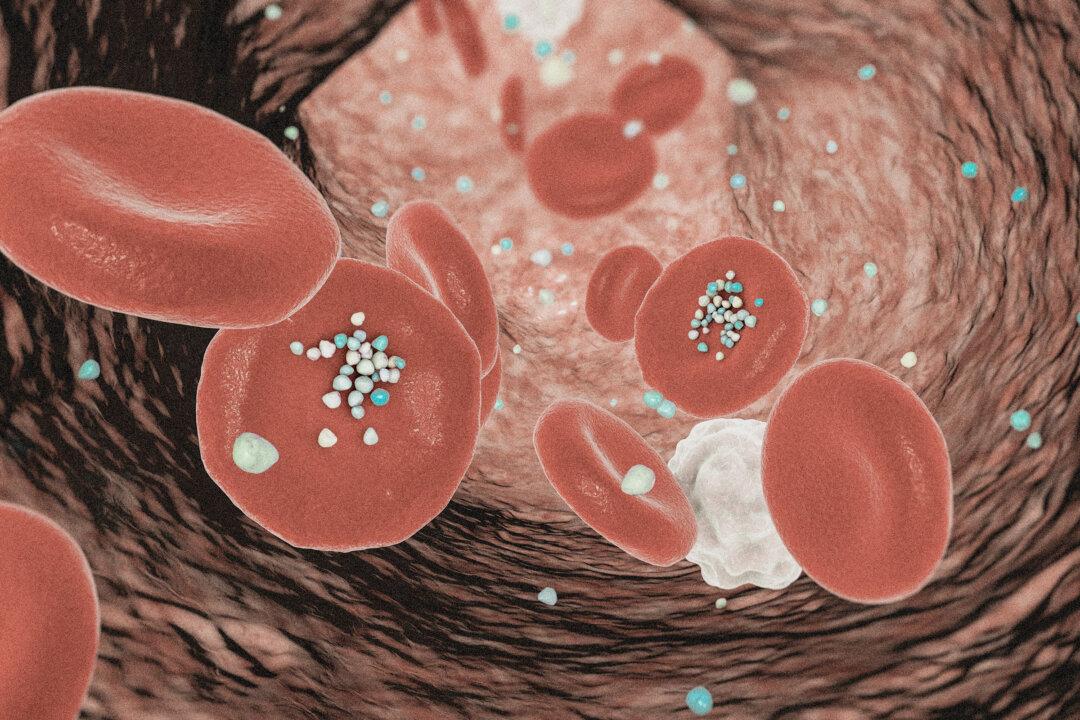In the quest for the Fountain of Youth, science has unveiled a treasure trove of lifestyle tips that may lead to extra decades of vitality. Unlocking the secret to a longer life might be simpler than you think, a new study suggests.
Making eight specific changes by middle age may be just what we need to do, according to research presented at Nutrition 2023, the annual meeting of the American Society for Nutrition.
“We were really surprised by just how much could be gained with the adoption of one, two, three, or all eight lifestyle factors,” Xuan-Mai T. Nguyen, study author and a health science specialist at the Department of Veterans Affairs, said in a statement.
The Bottom Line
The study analyzed the medical records of nearly 720,000 U.S. veterans. Men who followed all eight practices by age 40 were predicted to add an average of 24 years to their lives compared with people who didn’t have the habits. Women who did the same were predicted to add 21 years to their lives.Inactivity, opioid use, and smoking were the most significant contributors to a shortening lifespan, according to the research. These factors increased the risk of death during the study period by 30 to 45 percent.
Other unhealthy behaviors such as chronic stress, binge drinking, poor diet, and inadequate sleep increased mortality risk by about 20 percent. A dearth of positive social connections was linked to a 5 percent increase in this risk.
Habits That Add Years to Your Life
The lifestyle habits highlighted by researchers reflect practical wisdom and evidence-based guidance for maintaining good health.So what are the eight secrets to a long life?
1. Be Physically Active
Regular physical activity reduces the risk of chronic diseases such as heart disease, diabetes, and certain cancers. The Physical Activity Guidelines recommend 150 minutes per week of moderate activity or 75 minutes of vigorous activity, along with muscle-strengthening exercises twice a week.2. Avoid Opioids
Opioid addiction damages health over the long term. Repeated use can harm the liver and kidneys and often worsens chronic pain, leading to greater dependence.3. Don’t Binge Drink
Binge drinking, defined as four or more drinks for women and five or more for men on one occasion, can lead to liver damage, cardiovascular disease, and several types of cancer.4. Don’t Smoke
Tobacco use is responsible for about 1,300 deaths a day in the United States—more than 480,000 deaths annually—according to the U.S. Centers for Disease Control and Prevention. This bad habit contributes to up to 90 percent of lung cancer deaths. Smoking also weakens the immune system and significantly increases the risk of chronic obstructive pulmonary disease and cardiovascular disease.5. Eat a Healthy Diet
A nutritious diet full of whole, minimally processed foods ensures the body gets all the vitamins, minerals, and fiber it requires.The Mediterranean diet encourages eating plant-based foods and healthy fats while limiting meat consumption to small portions, Emily Feivor, a registered dietitian at Long Island Jewish Forest Hills in Queens, New York, who recommends the diet, told The Epoch Times.
“Eggs are a good source of high-quality protein, and the whites can be enjoyed by those looking to reduce saturated fat intake,” Ms. Feivor added.
6. Manage Stress
Chronic stress can damage health over time by increasing blood pressure and contributing to heart disease, diabetes, sleep issues, and pain. It can even weaken the immune system, making the body more susceptible to infections and illnesses.7. Practice Good Sleep Habits
“[Poor sleep] can also increase inflammation in the body, which can lead to various chronic diseases, including heart disease,” Dr. Thomas Kilkenny, director of the Institute for Sleep Medicine at Staten Island University Hospital, said. But that’s not the only way poor sleep can affect health and life expectancy.Several major accidents in world history have been linked to human error due to the lack of sleep, according to Dr. Kilkenny, including the 1986 Chernobyl nuclear disaster.
8. Maintain Positive Social Relationships
Strong social ties are linked to reduced risk of chronic illness, lower stress, enhanced immunity, and increased lifespan.A recently published meta-analysis of 90 studies, including more than 2.2 million people observed for up to 25 years, found a 32 percent higher risk of death due to any cause for socially isolated people. Participants who said they felt lonely had a 14 percent higher risk of dying prematurely than those who didn’t.







